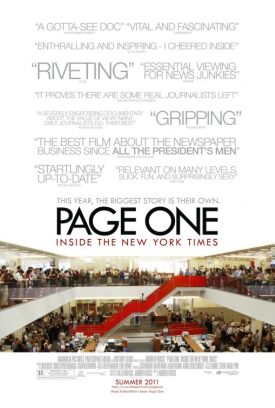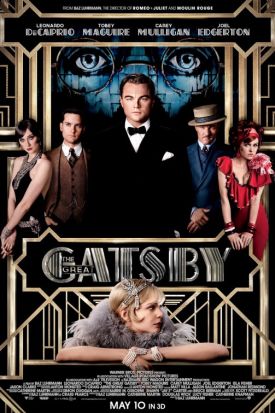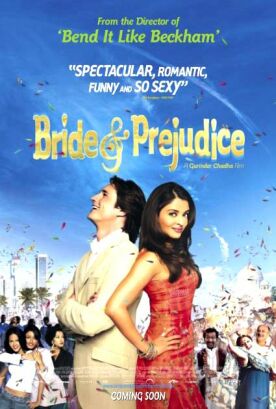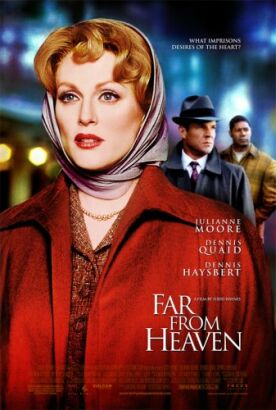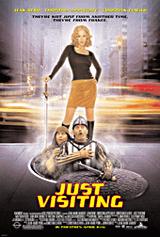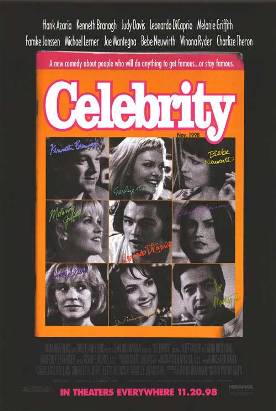Page One: Inside The New York Times
Watching Page One: Inside The New York Times by Andrew Rossi reminded me a bit of reading the Times itself: it’s all a jumble of odd and unrelated stories held together and, indeed, utterly overshadowed by one thing and one thing only, namely, the paper’s massive and unreflective self-importance. That’s why when it brings before the camera one Michael Hirschorn, a man who wrote a piece for the Atlantic a couple of years ago suggesting that the Times might go out of business soon, it is only so that he and his article can be held up to ridicule from the Times-men who are treated so sympathetically by Mr Rossi. Can Mr Hirschorn, they wonder, really be so preternaturally stupid as to imagine that the Times could ever go out of business? It’s the Times, for God’s sake!
A documentary whose main purpose is puffery is not likely to have much success with anything else it tries to do, and Mr Rossi’s veneration of his heroes at The New York Times leaves little room for anything else anyway. The heroes are, especially, Bill Keller, the paper’s Executive Editor at the time the movie was made who has since stepped down in favor of Jill Abramson, Bruce Headlam, the media editor, and, above all, David Carr, media columnist. There’s also a blogger named Brian Stelter whom Mr Carr jokingly claims is “a robot assembled in the basement of the New York Times to come and destroy it” but who is clearly a Times-man through and through. These men — and the film has been criticized for the absence of women among its principal actors — he identifies with newspaper journalism itself as it attempts to cope with the threat to its business model from new media. The New York Times may be with us till the oceans run dry, but its brother papers are in serious jeopardy — in case you hadn’t heard.
The Times guys naturally have something to say about this, but Mr Rossi’s picture is too unfocused to make very much of their advocacy for the industry. That’s sort of in the background as attention jumps around from the Wikileaks phenomenon to the Times’s dispatch of a new Baghdad correspondent to David Carr’s compelling personal story of cocaine addiction and rehabilitation to Mr Carr’s daring exposé of Randy Michaels and Sam Zell of the now bankrupt Tribune group, publishers of The Los Angeles Times and The Chicago Tribune among other papers. What do these things have to do with changes in the business on account of new and on-line media? I think they are part of an attempt to place the New York Times under Mr Keller’s editorship in a direct line of descent from the heroic days of the media. Just as his predecessors had to save us from Vietnam and Watergate, so he has to save us and the noble profession of journalism from the upstart aggregators like The Huffington Post or Newser, whose representative, Michael Wolff is here roughed up in debate with Mr Carr.
Not that that encounter could have come out any other way in a movie which is — like almost every other reflection of the media upon themselves — a paean to their self-promotional mythology. It’s what you also see everywhere in that sublimely ridiculous monument to media self-importance, the Newseum in Washington: endless recollections of the decade from 1964-1974, part of whose legacy to the present was the unprecedented prestige of post-Watergate journalists — and not just journalists but journalists of the anti-establishment left. It was the time when all the current myths of the mainstream media and their vital part in the social and political changes of the second half of the 20th century were formed. These changes were Civil Rights, Rock’n’Roll, Vietnam, Watergate, the four pillars on which the media’s unshakeable self-conceit still stands. These stories, now all long in the past, are supposed to be what have made the journalist to our time what the knight in shining armor was to the Middle Ages. Naturally they must be recalled with enthusiasm whenever our latter-day preux chevaliers are preening.
On Wikileaks, for instance, Mr Rossi’s film seeks to make a direct parallel with the Vietnam-war episode of the Pentagon Papers — with the help of a now rather-crotchety looking Daniel Ellsberg, who doesn’t seem to mind being seen as the ‘60s version of Bradley Manning. His theft and the Times’s publication of that classified history of American involvement in Vietnam is still seen by Mr Keller and others as the paper’s finest hour — and its presumptive justification for publishing any other stolen classified documents that may come its way, including those stolen by Private Manning and made available to it through Wikileaks. Today’s Times-men appear slightly uneasy at the assertion of Julian Assange, the Australian entrepreneur whose fame and fortune have been made through Wikileaks’ trafficking in purloined information, that for him journalism is “just a tool” while “the goal is justice.” Yes, he says, he would call himself a journalist but also an activist — and if he had to choose he would choose the values of an activist
Of course, the Times is activist as well, if by that he means (as apparently he does) someone who seeks to damage or undermine the established political and legal authority of Western democracies in the interest of vaguely revolutionary political alternatives, but its own established authority depends on keeping the fact as much under wraps as possible. Mr Rossi’s film makes its own contribution to this effort by taking seriously all the paper’s high-minded clap-trap about its agonized internal debate over publishing classified information and otherwise working against its own government — a debate which only ever has one issue.
At one point, Sarah Ellison of Vanity Fair makes a shockingly unjust and slanderous equation between Judy Miller and Jayson Blair which goes unremarked by anyone else in the picture, presumably because the Times-folk have for years been brainlessly parroting the anti-war left’s trope about how “Bush lied” — which obviously means that Judy Miller must have lied too. This moment, which Mr Rossi probably didn’t even notice, is a good illustration of why those it routinely attempts to marginalize in this way hate The New York Times — that is, not only for its uncritical acceptance of a highly dubious leftie version of history and reality as the only possible way for decent people (like themselves) to see things but the casual arrogation to itself of the right to draw the boundaries of decency.
The irony is that the public’s reaction against this kind of arrogance and self-righteousness contributes largely to the success of the new media, the brashness and often shrillness of whose multiplicity of voices at least doesn’t allow any one of them to get away with pretending, as the Times so routinely does, to be the voice of God. Moreover, the excess of press freedom which the Times continues to champion even at the expense of its country’s diplomacy, and very likely its security too, will mean that trash continues to dominate the news — which in turn will make the special things that newspapers and other large media organizations can do that the specialist trash-merchants and two-bit aggregators cannot do will take up an ever smaller share of what they in fact do, and so continue to make them seem ever more unnecessary and out of date. I wouldn’t bet that The New York Times will go out of business, but this movie had the opposite of its intended effect by making me think it more likely to do so than I did before.
Discover more from James Bowman
Subscribe to get the latest posts to your email.

